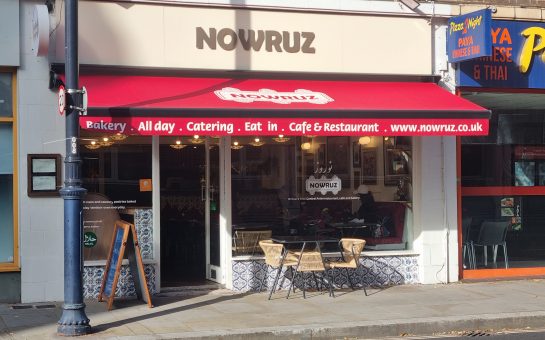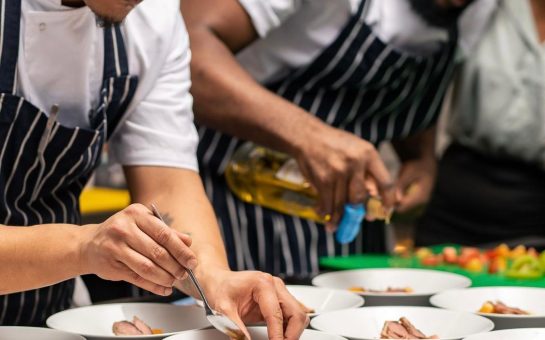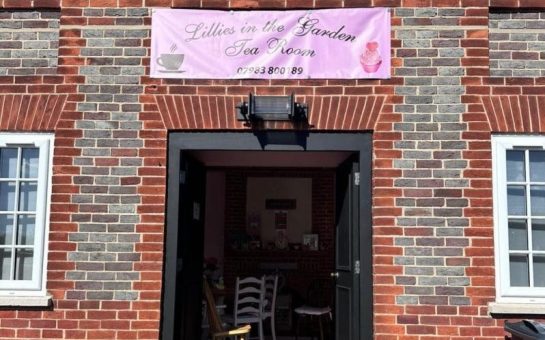Campaign group Action on Sugar has revealed there are ‘shocking’ amounts of sugar in some hot drinks sold by high street café chains.
The charity said the worst drinks contain more than 20 teaspoons of sugar.
Starbucks, Caffe Nero and Costa were all shamed by the study who have said they remain committed to reducing the sugar content in their drinks products.
The worst offender was a venti hot mulled fruit – grape with chai, orange, and cinnamon from Starbucks, which contained an incredible 25 teaspoons of sugar per serving, followed by Costa’s Chai latte with 20.
The charity group concluded that 98% of the 131 drinks they tested would receive a red nutritional value label due to high sugar content.
NHS guidelines state that the recommended maximum intake of added sugar per day for those over the age of 11 is the equivalent to seven teaspoons.
We took to the streets of Wimbledon to find out if people would still be tempted by their morning coffee after being made aware of the statistics.
Are you less likely to buy a high street hot drink now you know about the the high sugar content?
YES NO
70% 30%
Kristine, 23, a professional dancer, didn’t realise there was such a high level of sugar in the hot drinks sold by high street chains.
She said: “I was not aware of the amount of sugar, surely that cannot be good for you?
“I think it should be up to the customer what amount of sugar they would like to have in their coffee.”
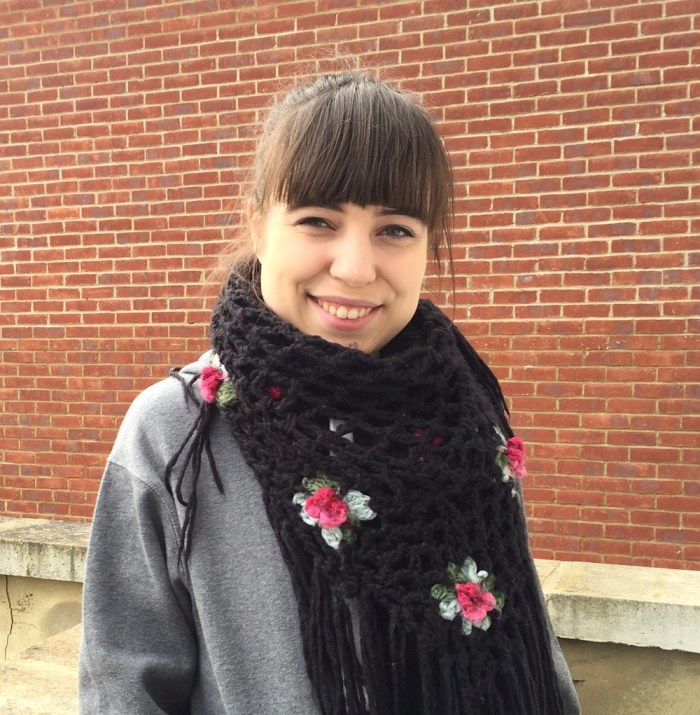 KRISTINE: Wasn’t aware about the high sugar content
KRISTINE: Wasn’t aware about the high sugar content
Austin, a 42-year-old carpenter, sympathised with the big businesses.
He said: “What can we do about it? Who knows what’s in the stuff we get nowadays?
“I don’t want to disrespect these business people; they work hard for their money.
“I haven’t been into a restaurant or a café for donkey’s years but when I did their food and drink were always up to standard so I can’t fault any of them.”
Ben, 31, is a lawyer and wants more transparency from companies when it comes to informing their customers.
He said: “I would generally not buy something if it’s high in sugar.
“If it’s not disclosed then I wouldn’t be aware but if it was then I wouldn’t buy it.
“I think it’s better for companies to be honest, I don’t think it’s asking too much to tell your customers exactly what’s in the product.”
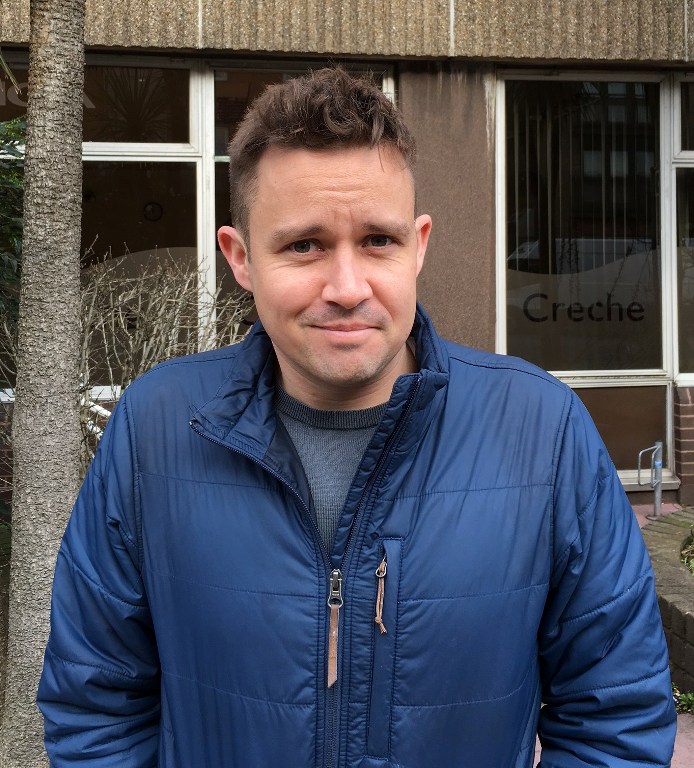 BEN: Thinks companies need to be more transparent
BEN: Thinks companies need to be more transparent
Dance teacher Emily, 24, was shocked by figures and admitted it was not an issue she had previously thought about.
She said: “You would never eat 20 teaspoons of sugar so why do they think it’s okay to put it in your coffee?
“It is scary to think about. Most people wouldn’t think anything of having a coffee.”
Yassine, 22, who works in hair and beauty, was unaware that his morning beverage was so high in sugar and will think twice before buying one tomorrow.
He said: “I do buy from Costa, not from Starbucks, but now I think I shouldn’t buy at the moment.
“I’m not always a coffee person but sometimes in the morning I need a hot drink but not now as it’s bad for me.”
Kirsty, 24, an actor and bar tender, said she would feel more comfortable making her hot drinks at home as you can be certain about the levels of sugar.
She said: “It makes me feel pretty ill, it also worries me that I add two more sachets of sugar when I get my coffee.
“I think I’ll reconsider buying my morning latte everyday and just make it at home.”
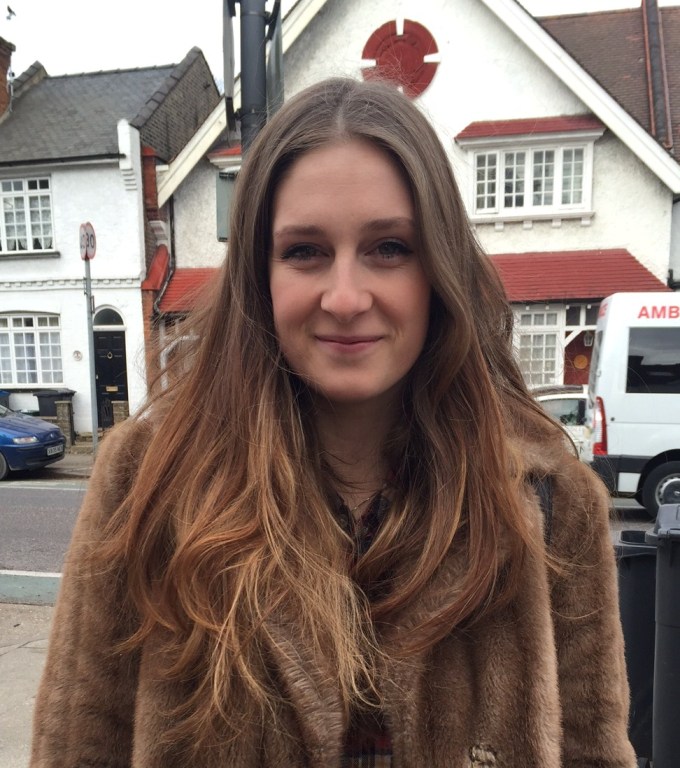 KIRSTY: Is going to reconsider buying her morning latte
KIRSTY: Is going to reconsider buying her morning latte
Chris, 22, a mechanical engineering student, believes a sugary coffee is fine as long as you don’t overindulge in other unhealthy snacks.
He said: “It would make no difference to me. I put that much in my own tea and coffee anyway!
“I never have fizzy drinks or anything like that though so I think it’s allowed.”
Kevin, 59, who works in security, said: “I often have a coffee with a fry-up or with my breakfast in the morning.
“I wish you hadn’t told me to be honest, I didn’t mind before but I’m not so keen now that it’s twice as bad for me.”
Pavel, 29, works in a high street cosmetics shop and buys at least one coffee a day.
He said: “It is part of my morning routine. I change which shop I go to but I guess it doesn’t make much difference if they are all doing it.
“I need a coffee though to keep me going so I wouldn’t say I’m less likely to buy one now.”
Alice, a 19-year-old student, is worried about a conflicting campaign at her university.
She said: “There are always healthy eating and health awareness campaigns going on at Uni, but at the same time, there are loads of coffee shops on campus.
“It’s a mixed message really, but I try and avoid too much sugar if I can help it.”
Featured image courtesy of Via Tsuji, with thanks
